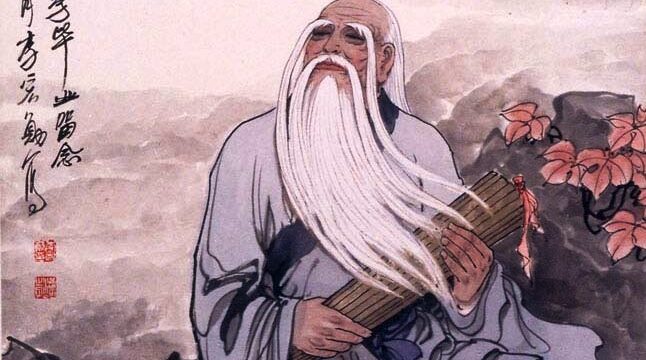Transcript
Daoism is a Chinese philosophy developed by Laozi and his disciple Zhuangzi more than 2,000 years ago. Unlike other ethical theories such as Kantian ethics or Confucianism, which propose fixed and impartial guides to human conduct, Daoism suggests that there are no universal standards of behaviour. Instead, the appropriate course of action is determined by what fits best in the circumstances.
Daoists emphasize the importance of responding to the specific situation at hand and adapting accordingly. They use examples like the rare seabird brought to an inland city or the giant gourd that is too large to function as a portable container. In these cases, Daoists argue that rigid notions of what is right or wrong should be set aside, and instead, individuals should find the best course of action by responding to the unique circumstances of each situation.
Daoism also advocates for a unique attitude toward action called “wu-wei,” which is often misunderstood as doing nothing. However, wu-wei actually means taking no artificial action and allowing things to follow their natural course. It is about non-interference and nurturing things to transform spontaneously. Daoists compare this approach to the nature of water, which can be soft or strong, flowing or still, and nourishing or destructive. In the context of governance, wu-wei suggests a non-interventionist approach, allowing things to develop naturally rather than forcefully imposing control.
Daoists reject strict traditions and even the concept of morality itself. Instead of relying on general ethical standards, they propose the idea of “walking two paths” to resolve disagreements. The story of the monkey keeper and the monkeys illustrates this concept. When the monkeys desire a larger breakfast than the keeper can provide, a compromise is reached by adjusting the distribution of nuts. There is no fixed right or wrong in this situation; both parties find their own paths and seek a convergence that allows them to move forward.
The ultimate purpose of Daoist ideas is to guide humans closer to the Dao, which refers to the ultimate path or way of nature and the cosmos. It is a transcendental life force that permeates and sustains the universe.

